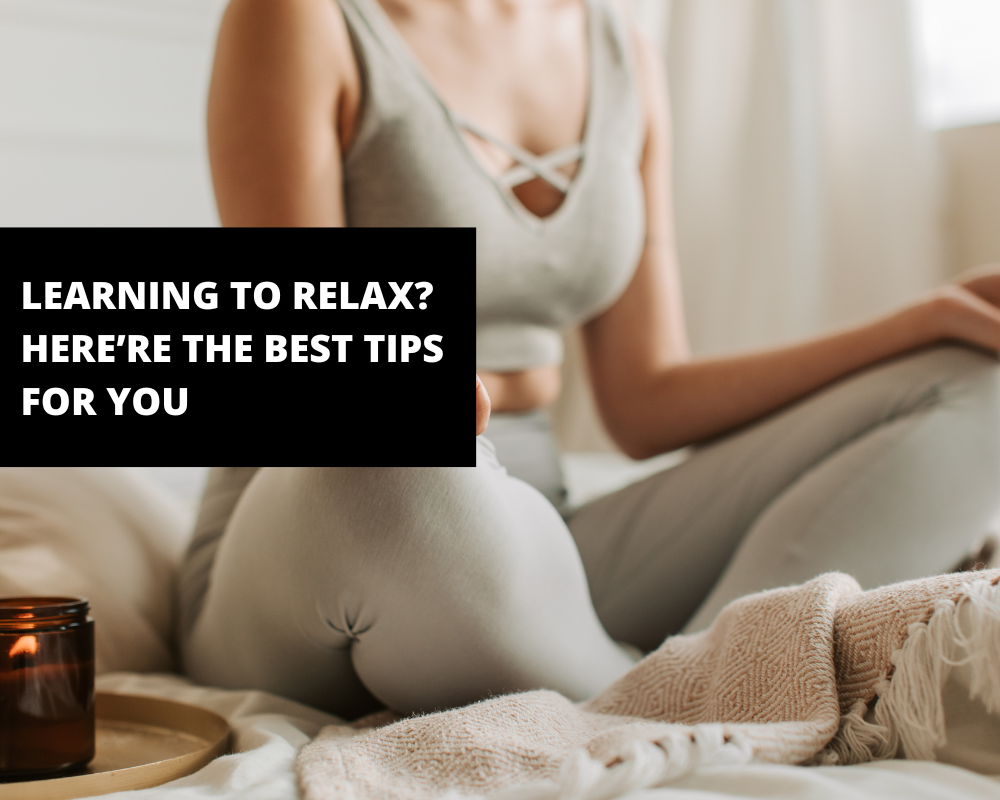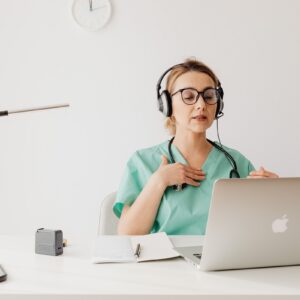Learning to relax is a valuable skill that can have profound benefits for both our physical and mental well-being. In today’s fast-paced world, where stress and busyness are often glorified, finding moments of relaxation is essential for maintaining balance, reducing tension, and promoting overall health and happiness. While relaxation may come naturally to some, others may need to actively cultivate this skill through practice and intention. Here are some strategies for learning to relax:
Mindfulness Meditation
Mindfulness meditation is a technique that can help to cultivate relaxation and present-moment awareness. By focusing on the breath, sensations in the body, or sounds in the environment, mindfulness meditation helps quiet the mind and promote a sense of calm and inner peace. Begin by dedicating a few minutes daily to mindfulness meditation, gradually extending the duration as you grow more accustomed to the practice. For beginners seeking structure and guidance, apps and guided meditation recordings can offer valuable assistance.
Deep Breathing Exercises
Deep breathing exercises offer straightforward yet potent methods for inducing relaxation and alleviating stress. Diaphragmatic breathing, commonly known as belly breathing, entails inhaling slowly and deeply, allowing the lungs to fill with air while expanding the abdomen with each breath. Exhale slowly and completely, allowing tension to release with each breath. Practice deep breathing exercises regularly throughout the day, especially during moments of stress or tension, to restore a sense of calm.
Progressive Muscle Relaxation
Progressive muscle relaxation is a method that entails deliberately tensing and subsequently releasing various muscle groups throughout the body, following a systematic approach from head to toe. Begin by contracting the muscles in your forehead for a brief duration before fully releasing and relaxing them.
Move on to the muscles in your jaw, neck, shoulders, arms, and so on until you’ve relaxed your entire body. Progressive muscle relaxation helps release physical tension and promote relaxation throughout the body.
Read: How to Practise Chakra Meditation for Healing and Balance?
Engage in Relaxing Activities
Participating in activities that bring joy and relaxation can alleviate stress and enhance overall well-being. Whether it involves reading a book, enjoying music, immersing yourself in nature, or heading for a massage at utopiabeautique.com, discover activities that enable you to unwind and rejuvenate. Make self-care a priority and carve out time for relaxation pursuits in your daily schedule, even if only for a few minutes each day. Nurturing hobbies and interests that bring happiness can effectively counteract stress and foster relaxation.
Limit Screen Time and Digital Distractions
Excessive screen time and digital distractions can contribute to feelings of stress and overwhelming. Set boundaries around screen time and prioritize disconnecting from electronic devices, especially before bedtime. Establish technology-free zones within your home, like the bedroom, where you can unwind free from the distractions of screens and notifications. Instead, partake in activities that foster relaxation and encourage connection with yourself and those around you.
Practice Self-Compassion and Acceptance
Learning to relax also involves cultivating self-compassion and acceptance of yourself and your experiences. Be compassionate toward yourself and recognize that relaxation is a skill that requires time and dedication to cultivate. Release any expectations and tendencies toward perfectionism, and embrace the journey of learning and evolving at your own rhythm. Extend kindness and understanding to yourself, particularly during periods of stress or challenge.
Seek Support and Guidance
If relaxation proves challenging or if you’re grappling with chronic stress and anxiety, consider reaching out to a professional for support and guidance. Therapy can give you tools and strategies to navigate stress, foster relaxation, and enhance overall well-being. Moreover, support groups, workshops, and community resources can offer valuable insights and opportunities for connection with others who are also on a journey of learning to relax and prioritize self-care.
Learning to relax is a journey that requires patience, practice, and self-awareness. By incorporating relaxation techniques into your daily routine and prioritizing self-care, you can cultivate a greater sense of calm, balance, and well-being in your life. Remember that relaxation is a necessity for maintaining optimal health and happiness in today’s busy world.





